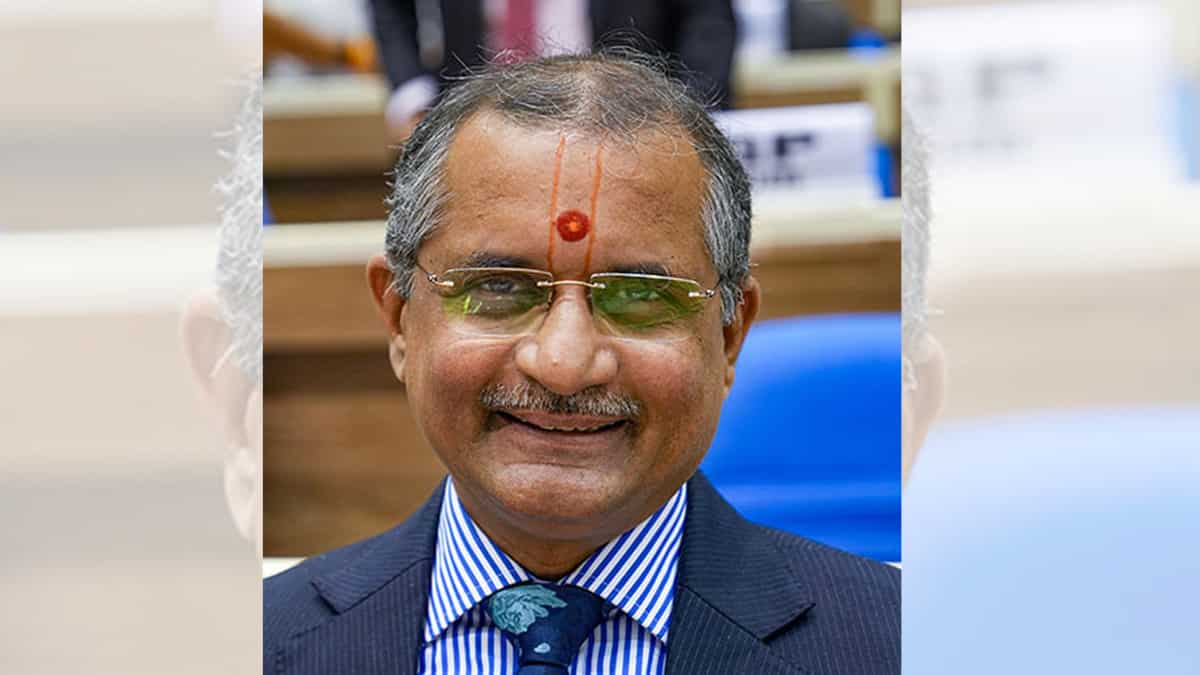Politics
Political Storm Follows Resignation of UPSC Chairman Manoj Soni Amid Controversies

In a surprising turn of events, Manoj Soni, the Chairman of the Union Public Service Commission (UPSC), has announced his resignation, citing unspecified personal reasons. The decision, revealed on Saturday, has provoked considerable political tension, particularly from the Congress party, which suggests that Soni’s exit is intricately linked to the ongoing controversy regarding probationary IAS officer, Puja Khedkar.
The Congress has described Soni’s departure as a product of systematic pressures amid the heightened controversy surrounding Khedkar’s qualification. Their remarks come in the wake of an official announcement indicating that Soni’s resignation does not have direct ties to the allegations concerning Khedkar’s candidacy, particularly the claims of identity fraud that have recently embroiled the commission.
While Soni had initially been appointed as UPSC Chairman in May 2023, following his tenure as a commission member since June 2017, he had a term set to conclude in May 2029. However, the timing of his resignation leads to speculation about the factors influencing this decision. Critiques have emerged regarding the state of constitutional institutions in India, particularly since 2014, the year Prime Minister Narendra Modi assumed office.
Jairam Ramesh, Congress’s General Secretary responsible for Communications, emphasized the erosion of the integrity and autonomy of constitutional entities, insinuating that Soni had been pressured out of his role amidst the annual tumult in the commission. Ramesh’s remarks included a pointed critique of what he termed the “so-called distinguished gentleman,” expressing skepticism over Soni’s abrupt resignation after only five years in a six-year term.
Sources close to Soni suggest that his inclination to resign had been communicated prior to his official decision, noting that he wished to focus more on “socio-religious” pursuits. Speculation surrounds his involvement with the Anoopam Mission, a non-profit organization tied to the Swaminarayan sect, reflecting his long-standing commitment to social service.
This resignation coincides with UPSC’s decision to file a criminal complaint against Puja Khedkar, stemming from allegations that she used a forged identity to participate in civil service examinations unlawfully. UPSC has initiated procedures to bar her from future selections amid these serious accusations.
The allegations against Khedkar have raised significant concerns regarding the commission’s vetting processes, highlighting potential flaws in how credentials are validated for candidates striving to join the prestigious ranks of bureaucrats in India.
The UPSC has publicly affirmed its commitment to its constitutional obligations and reiterated that it conducts its examinations with the utmost diligence. However, the recent Khedkar affair has put a spotlight on its integrity, prompting calls for stricter oversight and transparency in candidate assessments.
In the wake of the developments surrounding Soni’s resignation, many in the political sphere are keenly observing how UPSC will navigate this turbulent period and how it will impact the institution’s standing within the framework of Indian governance.












